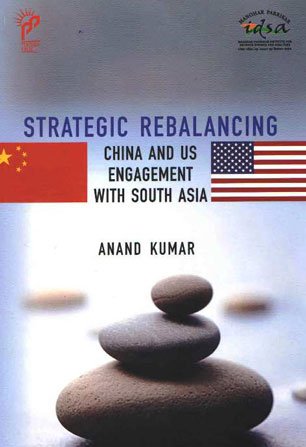The Diamer Bhasha Dam in Gilgit Baltistan: India’s Concerns
This article is an attempt to understand India's concerns over the Diamer Bhasha dam project within the overall ambit of India's approach towards Pakistan-occupied Kashmir (PoK). It makes a holistic assessment of the feasibility of the project, the political and technical issues involved in it, the long-term strategy of Pakistan and China in the region, and the local reactions, which must inform India's future policy preferences regarding PoK. The article is divided into three parts.
- Priyanka Singh
- July 2012
















